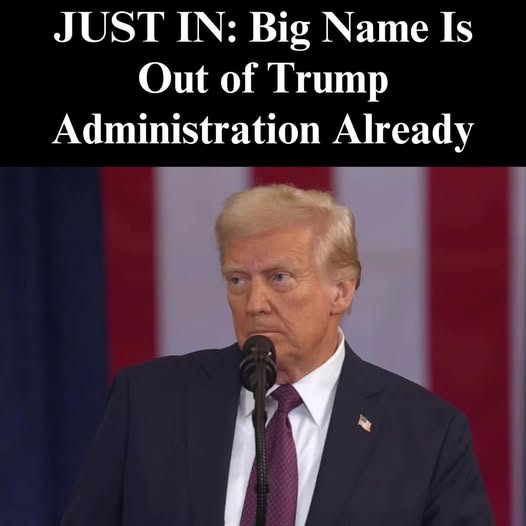President Donald Trump’s second inauguration on Monday was barely underway when news broke that Vivek Ramaswamy, a businessman tapped by Trump to serve as co-chair of the newly revamped Department of Government Efficiency (DOGE), would not assume the role as planned.
Ramaswamy, a biotech entrepreneur and author, was initially seen as a strategic pick for DOGE, an initiative aimed at streamlining government operations and cutting unnecessary bureaucracy. His reputation for innovation and disruptive thinking had made him a favorite among Trump’s advisors. However, reports quickly emerged that Ramaswamy had declined the position just hours before the official announcement.
Speculation swirled about the reasons behind the abrupt decision. Sources close to the matter suggested that Ramaswamy and the administration had differing views on the scope and execution of DOGE’s mandate. Others hinted at potential conflicts with his ongoing business ventures, which could pose challenges to fulfilling the role’s demands.
Ramaswamy issued a brief statement thanking President Trump for the opportunity but cited “personal and professional commitments” as his reason for stepping aside. “I am deeply honored by the President’s confidence in me and remain fully supportive of his vision to make the government work more efficiently for all Americans,” he said. “However, after careful consideration, I have decided that I cannot fully commit to the role at this time.”
Trump, known for his direct responses, addressed the situation during a press briefing later that day. “Vivek is a great guy—very talented, very smart—but he has his own priorities right now. We respect that and wish him the best,” he said. “We’re going to find the right person for this role, someone who shares our commitment to cutting waste and getting results.”
Despite the shakeup, the revamped DOGE remains a cornerstone of Trump’s second-term agenda. The initiative, which has drawn comparisons to private-sector approaches for increasing efficiency, is expected to prioritize eliminating redundant federal programs, reducing regulatory burdens, and leveraging technology to improve public services.
Ramaswamy’s withdrawal leaves the administration searching for a new co-chair to lead the department alongside its other appointed head, whose name has yet to be announced. Political analysts believe the selection process will be closely watched, as the department’s success is central to Trump’s promise to “drain the swamp” and modernize government operations.
What do you think about Ramaswamy’s decision to step back from this role? Share your thoughts and stay tuned for updates as the story develops.
